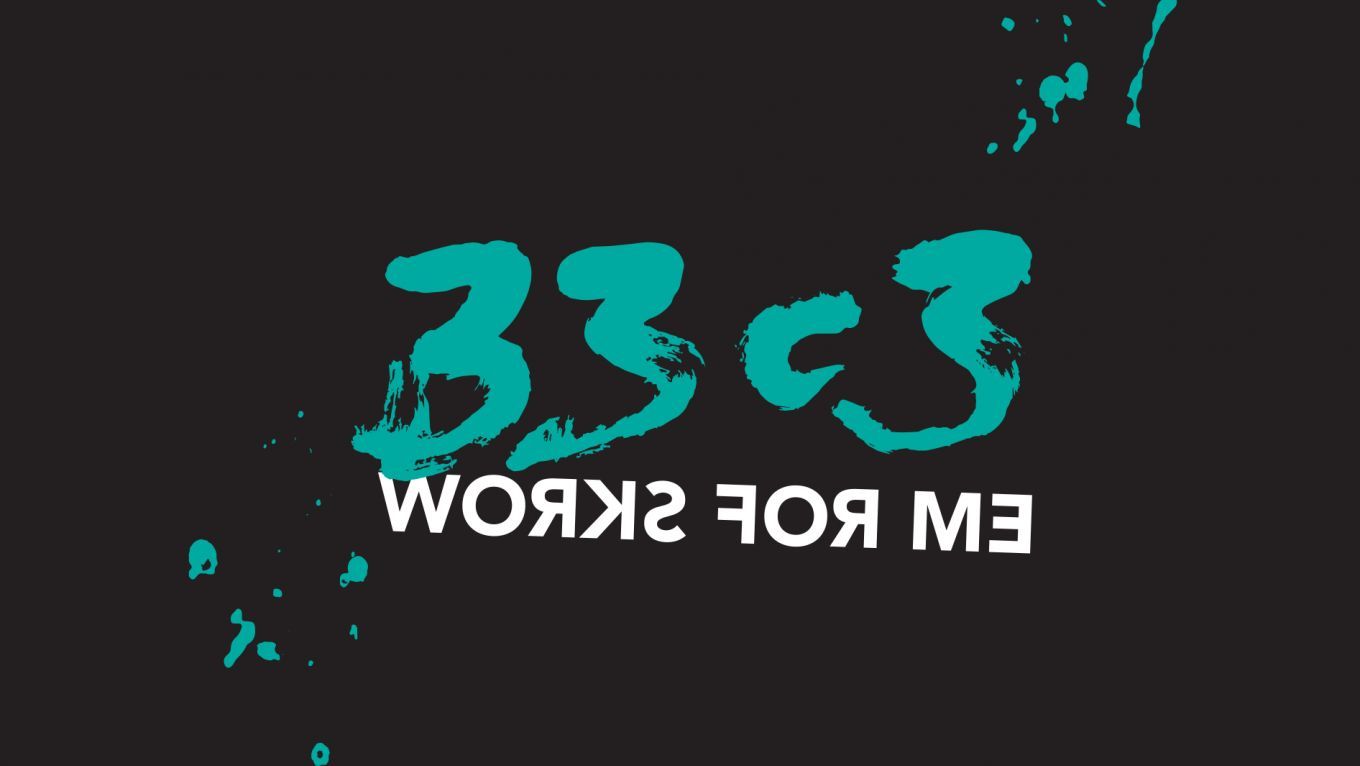Ethics, Society & Politics
Liberté, Égalité, Fraternité... and privacy ?!
December 29, 2016
2:00 PM – 3:00 PM Add to calendar
2:00 PM – 3:00 PM Add to calendar
Saal 6
France is under a state of emergency since November 2015. Several laws and a more intrusive surveillance framework, infringing rights and freedoms, have been adopted these recent years in the name of the fight against terrorism.
Privacy, freedom of expression… these words could soon disappear from French vocabulary as the number of measures increases as the same time than their intensity. We will show how it happened and what are our actions to try to defend the rights of all to privacy and freedom of speech.
The next French presidential elections will take place in spring 2017 under the state of emergency while all laws recently adopted are making our national motto „liberté, égalité, fraternité“ out of date. Furthermore, the increasing surveillance drifts are undermining Privacy whereas this is a fundamental right and a sine qua non condition for freedom.
We are looking back on the three years span of law adopted on surveillance in France as well as the more than one-year old state of emegency. What does that mean for our rights ? What is at stake ? In which society model are we heading?
What can we learn form the French experience? Let’s find out.
Additional information
| Type | lecture |
|---|---|
| Language | English |
More sessions
| 12/27/16 |
As they say in the Air Force, ‚No comms no bombs‘, – A technician’s insight into the invisible networks governing military drones and the quest for accountability
|
| 12/27/16 |
Both strong end-to-end communications encryption and device encryption are legal in most jurisdictions today, and remain widely available. Yet software programmers and hardware producers are increasingly under pressure from law enforcement and policy makers around the world to include so-called backdoors in encryption products.
|
| 12/27/16 |
Polizeibehörden und Geheimdienste sammeln Daten der Bürger – mehr als je zuvor. Der Bestand an unterschiedlichen Datenbanken ist enorm gewachsen und geradezu unübersichtlich geworden. Aufgrund datenschutzrechtlicher Regelungen gibt es für etliche dieser Datenbanken einen gesetzlichen Auskunftsanspruch des Bürgers.
|
| 12/27/16 |
In early 2015, the Federal Bureau of Investigation hacked computers in Austria, Denmark, Chile, Colombia, Greece, and likely the United Kingdom and Turkey too. In all, the agency used a Tor Browser exploit to target over 4000 computers spread across the world based on a single, arguably illegal warrant.
|
| 12/27/16 |
This talk presents the results of the technical analysis for the German Parliamentary Committee investigating the NSA spying scandal on geolocation methods in mobile networks.
|
| 12/27/16 |
Nach drei Jahren wurde endlich die nutzerunfreundliche Praxis des Routerzwangs („Compulsory Routers“) gesetzlich für unzulässig erklärt, und aktuell treibt uns die EU-Funkabschottung („Radio Lockdown Directive“) um. Um was geht es dabei? Und was können wir daraus für andere Fälle lernen?
|
| 12/27/16 |
After three years the EU has for the first time new Net Neutrality rules. What do they mean in practice? Which commercial practices by ISPs are allowed and which have to be punished by the telecom regulator. We give an overview about three years of campaign and where we go from here.
|

